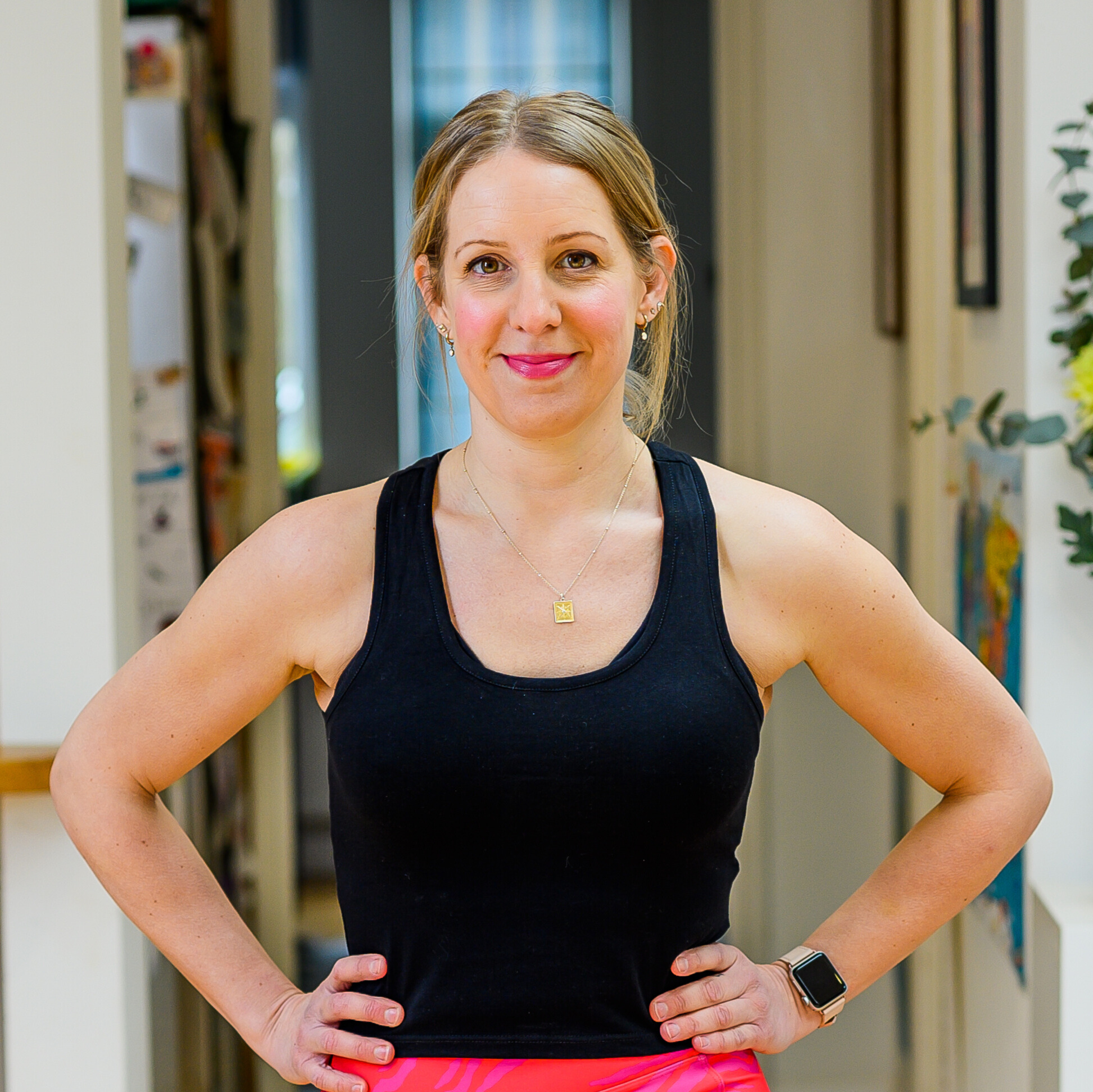If I only had 30 minutes, I’d do this full-body dumbbell home workout to build strength and stability
Just 30 minutes can make a difference if you do it consistently
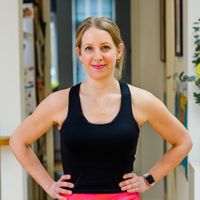
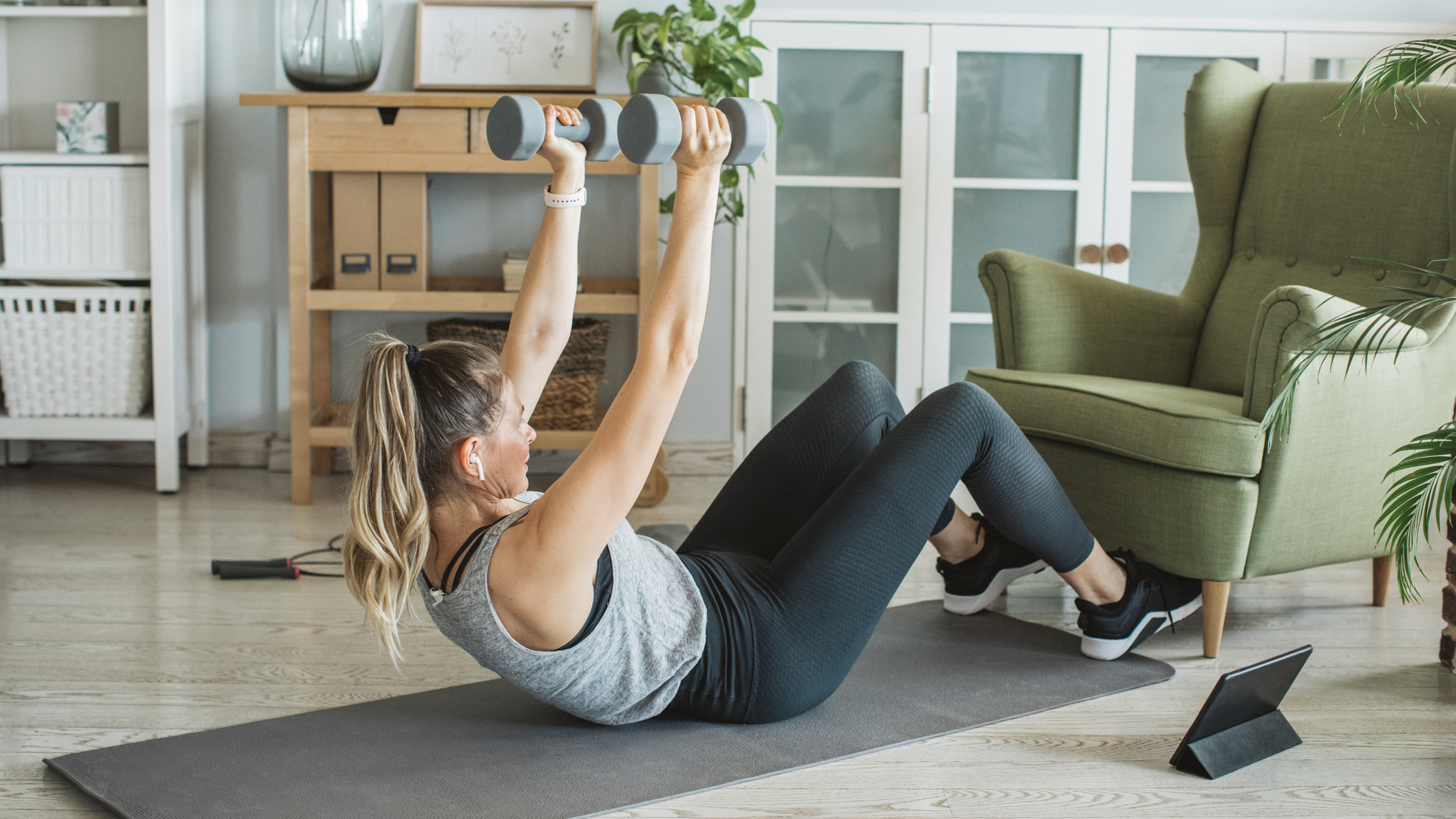
Strength training doesn’t have to mean spending hours in the gym and many trainers will tell you that a shorter workout done consistently is more effective than the occasional marathon session.
And, in fact, all it takes is just 30 minutes to work every muscle in the body, says certified personal trainer and founder of the Owning Your Menopause app Kate Rowe-Ham.
The women’s health expert is an advocate for strength training in midlife as a way to manage menopausal weight gain and other common symptoms, such as loss of bone density and lean muscle mass.
Rowe-Ham has created the full-body workout below, which is designed to build strength with just six moves and a pair of dumbbells.
“This type of workout is highly efficient: just 30 minutes is enough to challenge the whole body without tipping into the stress response—your body’s natural fight-or-flight reaction, releasing hormones like cortisol and adrenaline.
“While these hormones are useful in short bursts, too much or too frequent activation can become counterproductive, especially for midlife women who may already be experiencing heightened cortisol (stress) levels due to hormonal shifts. By keeping sessions effective but not excessive, this workout supports strength, energy and recovery without overloading the body.”
Scroll down to see how to do the exercises.
Start your week with achievable workout ideas, health tips and wellbeing advice in your inbox.
How to do this full-body dumbbell home workout
A post shared by 𝐊𝐚𝐭𝐞 𝐑𝐨𝐰𝐞-𝐇𝐚𝐦 - Menopause Fitness Coach (@katerh_fitness)
A photo posted by on
“This circuit combines compound exercises that engage multiple muscle groups at once with stabilization work,” says Rowe-Ham. “The squat press and reverse lunge to upright row, for example, targets the legs, glutes, shoulders and arms simultaneously.
“Rows and presses strengthen the back and posture muscles, while weighted sit-ups and plank variations build core stability. Together, the six exercises cover all the fundamental movement patterns we need for daily life: push, pull, squat, hinge, core and stabilization.
“The six exercises cover all the fundamental movement patterns we need for daily life”
Kate Rowe-Ham
Rowe-Ham also shared form tips for the two plank variations in the workout. “For plank taps, keep your hips level and move slowly to avoid rocking side to side. For renegade rows, widen your feet slightly and draw your elbow straight back to the ribcage without twisting the torso to maintain stability.”
How this workout can boost bone density and ease menopause symptoms
“Resistance training is one of the most effective ways to support women through menopause,” says Rowe-Ham.
“It helps maintain lean muscle mass—which naturally declines with lower estrogen levels—it supports weight management and can boost mood and energy by releasing feel-good endorphins. Circuits like this one also improve balance and coordination, which is increasingly important in midlife,” she adds.
Plus, load-bearing exercises are good for bone health, says Rowe-Ham. “Moves like squats, lunges and rows directly stimulate the bones in the hips, spine and legs, and this encourages them to grow stronger, while reducing the risk of osteoporosis.
“Even with moderate weights, the repeated impact of resistance helps keep bones resilient. Core exercises like planks may not load the bones in the same way, but they strengthen the muscles that protect joints and prevent falls.”
Maddy Biddulph is a journalist specializing in fitness, health and wellbeing content, with 26 years in consumer media working as a writer and editor for some of the bestselling newspapers, magazines and websites in the US and UK, including Marie Claire, The Sunday Times and Women’s Health UK.
She is a CIMPSA-certified PT and works one-on-one with clients, as well as running Circuits Club classes which mixes cardio and strength training and chair-based exercise classes for seniors.
You must confirm your public display name before commenting
Please logout and then login again, you will then be prompted to enter your display name.
-
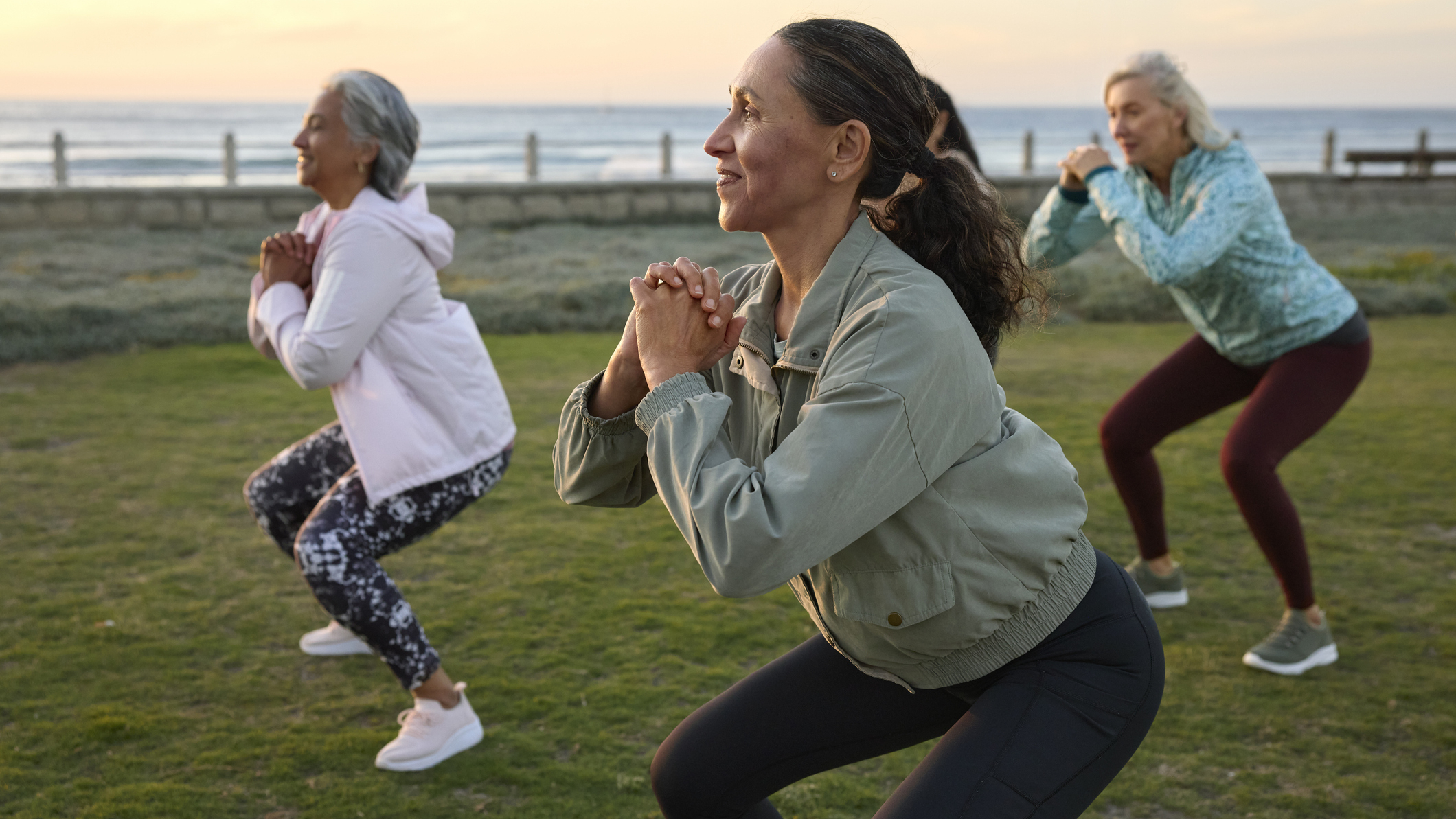 Walking injuries are common, but an exercise physiologist says you can avoid them by warming up with these two exercises
Walking injuries are common, but an exercise physiologist says you can avoid them by warming up with these two exercisesAn exercise physiologist wishes everyone would do these exercises
-
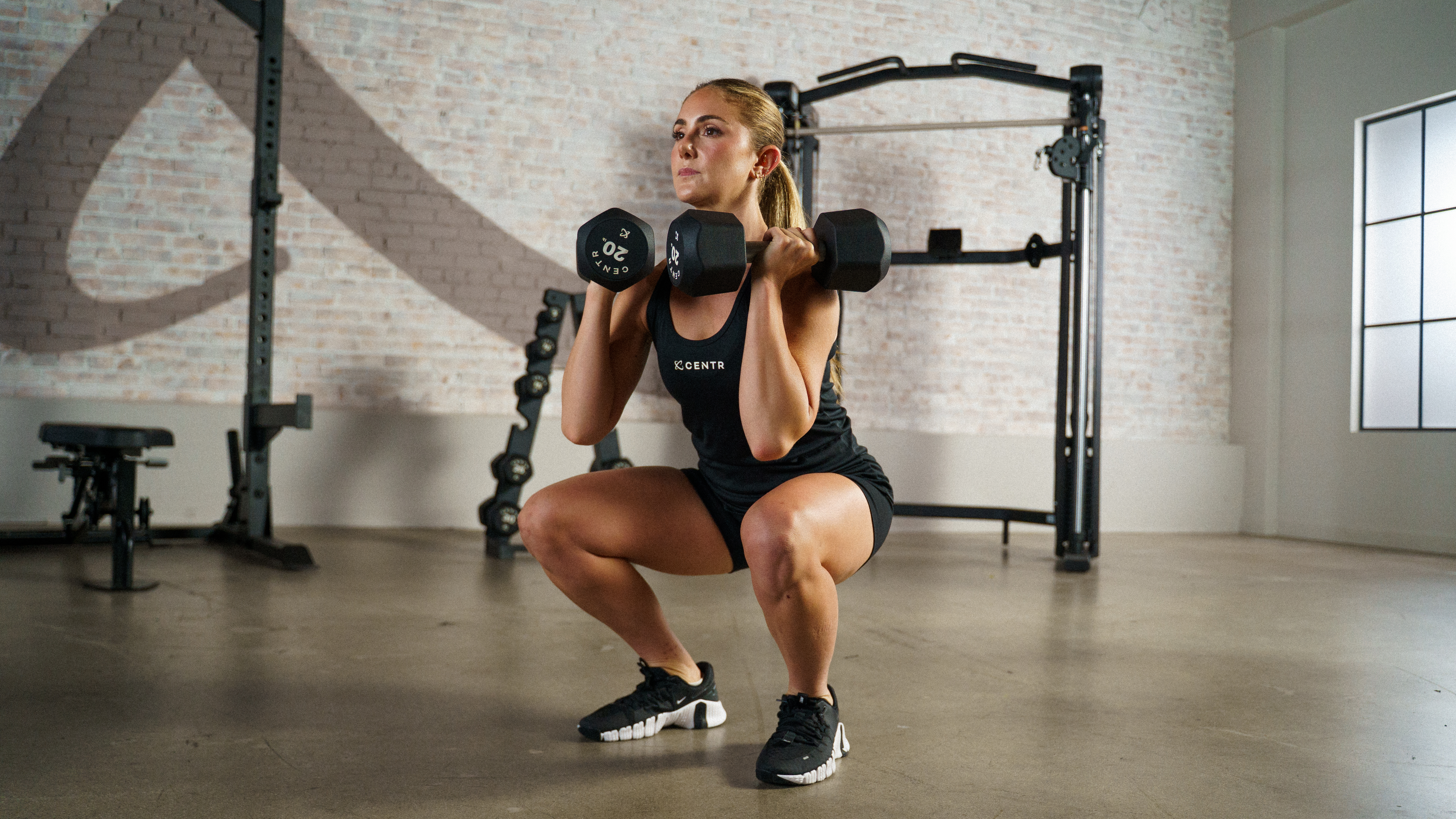 A certified strength trainer dispels the most common myth she hears from women reluctant to start strength training
A certified strength trainer dispels the most common myth she hears from women reluctant to start strength trainingSwerve this common misconception to embrace strength training in 2026
